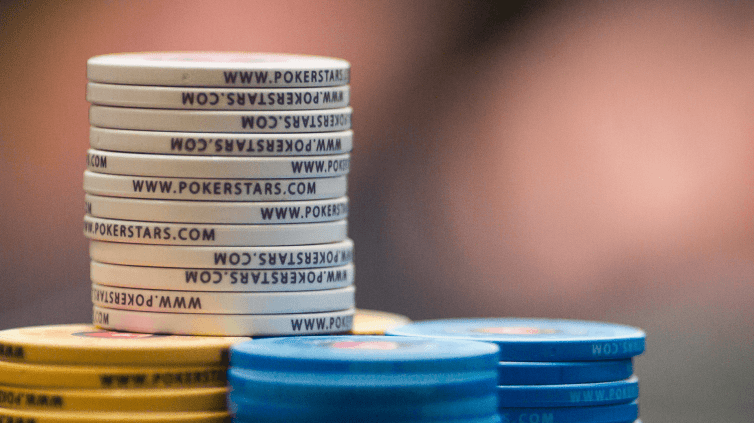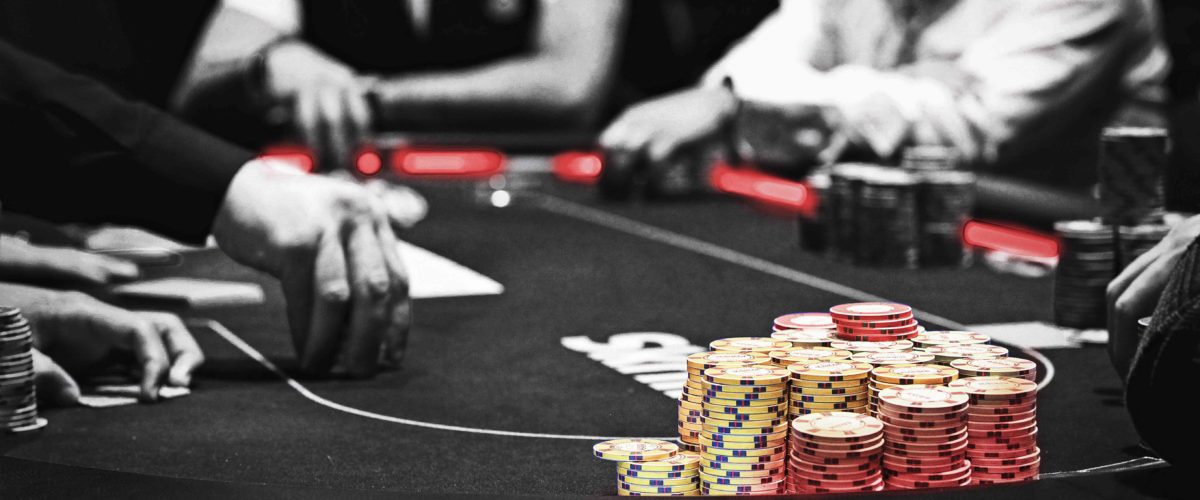BFizz11 Pro Guide: 5 Golden Rules to Stop Fooling Yourself
We all start out as losing poker players. It’s a simple yet profound statement and thought that a lot of people tend to forget. No one was born to play poker. No one entered the world aware of all the strategies available, the lingo and terminology, etc. We all started from exactly scratch and that’s a beautiful thing.
So why do so many players enter the game expecting to be winners right away? Where does the false sense of confidence come from? Winning at poker consistently is an act that is very similar to just about every profession imaginable. For example, you don’t simply become a mechanic overnight. Or a dentist. Or an attorney. You work your butt off to become a professional *anything* in this world – there is no other way.
While it is not necessary to be a professional poker player to win, it’s simply easier to use the analogy when I am able to throw around that word. But when talking about poker, think of being a proven consistent winner as the same thing as being a professional in a different field. It’s the end-goal whether you call it your profession or not.
Prepare to win
So with that in mind, again I ask, why does such a massive percentage of the poker population wonder why they are losing money playing poker? I have a better question: What have you done to prepare yourself to be a winner?
Usually the answers I get when I ask a new client that question are all the same. A lot of nothing. And here is where we get to the point – we are all losing players until we decide to make a change, take action, and become a winner. Have you done that yet? If not, stop complaining about bad beats and start studying.
I had to face these same exact facts myself many years ago and it was a very painful process that I know a lot of you have either already gone through yourself, or are currently going through right now. Deposit, play, lose, repeat. I am here writing this to STOP that brutal process and put you on a track that replaces the ‘deposit’ part of the equation with ‘cash out’!
Step number 1 is be honest with yourself about your skill level, experience, patience, mental and physical health, financial comfort – all that stuff. Assess yourself as a person and then as a poker player. What are your personal strengths and weaknesses? Do big pots make your palms sweaty or do you keep your composure? Does losing upset you, or are you able to remove emotions from the game? Do you have pets, kids or a spouse who hates when you play long sessions? Have you actually ever profited over a large, documented sample of poker play and felt supremely confident that you are indeed a winning player?
Honesty is the best medicine
It’s a very difficult thing to do – to be honest with ourselves. We, ourselves, are the easiest ones to fool sometimes. The reason it’s like that is because of the nature of the game that is poker. It’s so beautiful because any amateur player can sit down and beat the world’s best players on any given day if the cards go his or her way. There is a lot of losing involved with being a winner. That’s a unique trait about poker that a lot of other professions can’t relate to.
For example, when the best basketball team loses several games in a row – everyone freaks out. The media, the players, the coach – everyone is in a frenzy because something must be terribly wrong if the team is losing consistently. In poker, bad runs and good runs are what create a professional poker player’s lifetime results. Measuring a player over a small sample will not yield accurate results – which is where most players make the wrong turn…

They taste some success and think they are a winning player. It’s so, so common. It happened to me many years ago and I paid the price. I won a lot of money playing low stakes and thought I was a boss. I moved up stakes too fast and got my ass handed to me on a silver platter. And that exact same thing happens to students and peers around me every single day.I literally have friends who are average players but on upswings right now which makes them think they are much better than they actually are. They need to be careful and not move up stakes too fast – because they will get crushed just like I did. I also have friends who are great players but currently losing money and considering a career change – but really all they need to do is swallow their pride and drop down stakes and crush easier games. It goes back to the last article I wrote – stick to your strengths!
Five golden rules
I don’t have a game plan that works for everyone. That’s the point here – we are all so vastly different, and our approach to poker should vary from person to person. But I do have five rules that you should base your poker playing business around, and if you do, it’s very unlikely you will encounter problems like I did, and so many others have.
Here they are:
1. Don’t play with your rent/bill money. If you can’t afford to play with money you are 150% comfortable losing, don’t play. Go work instead and build a cushion so that you are comfortable losing when you do play. Even if you have to play the smallest games available while you learn the necessary skills to be a winner there, do it. Don’t get ahead of yourself. You must crawl before walk, walk before you run, and run before you sprint. This game is a marathon – study a format until you are a winner at it and don’t try to move up stakes too fast and don’t jump around from game to game.
2. Make a schedule. Or even just a list. The point of this rule is to have a game plan when entering your poker session. Know what games you are playing, when you are playing them, what your table count will be, how much the total investment is, etc. Be prepared and clear-minded just like you would want your surgeon to be if you were having a major operation done.
3. Prepare your food before you play and plan for what time you will eat. One of the most distracting elements to me personally is being hungry. I can’t do much of anything very well if I am hungry, but poker is at the top of that list. I make sure that my stomach rumbling never costs me money due to either being distracted, frustrated, or simply having to quit early and go get some food. Nothing is more costly for a great player than having to quit a session early for something silly like food.
4. Don’t have any of the following open while you play: Facebook, Tiltbook, Twitter, Instagram, Youtube, Netflix. Turn on some mellow music that doesn’t make your brain race and focus on your games. Remember, you need to play and perform at the same level of efficiency and focus that you would expect out of your surgeon during an operation!
5. This is the most important one. Play only games that you are a proven winner at. What if you aren’t a proven winner? See rule #1.
If you aren’t a winner, you need to focus on becoming a winner before you play a whole lot of poker for real money. There is a ton of free poker coaching available these days and PokerStars School has an incredible setup for players new to the game. Spend some time playing freerolls, watching Twitch streams, Youtube videos, get active in the forum and engage in conversation with other aspiring players. Do what it takes to become a winner. It doesn’t just happen overnight.
Just like a maths teacher doesn’t become a maths teacher without learning all the maths and a judge can’t be a judge without learning the laws. Be honest with yourself, make a plan of action that is based around hard work, put the time in and earn the title of ‘winning poker player’. Stop wishing it were easier and turn your hustle mode ON.

